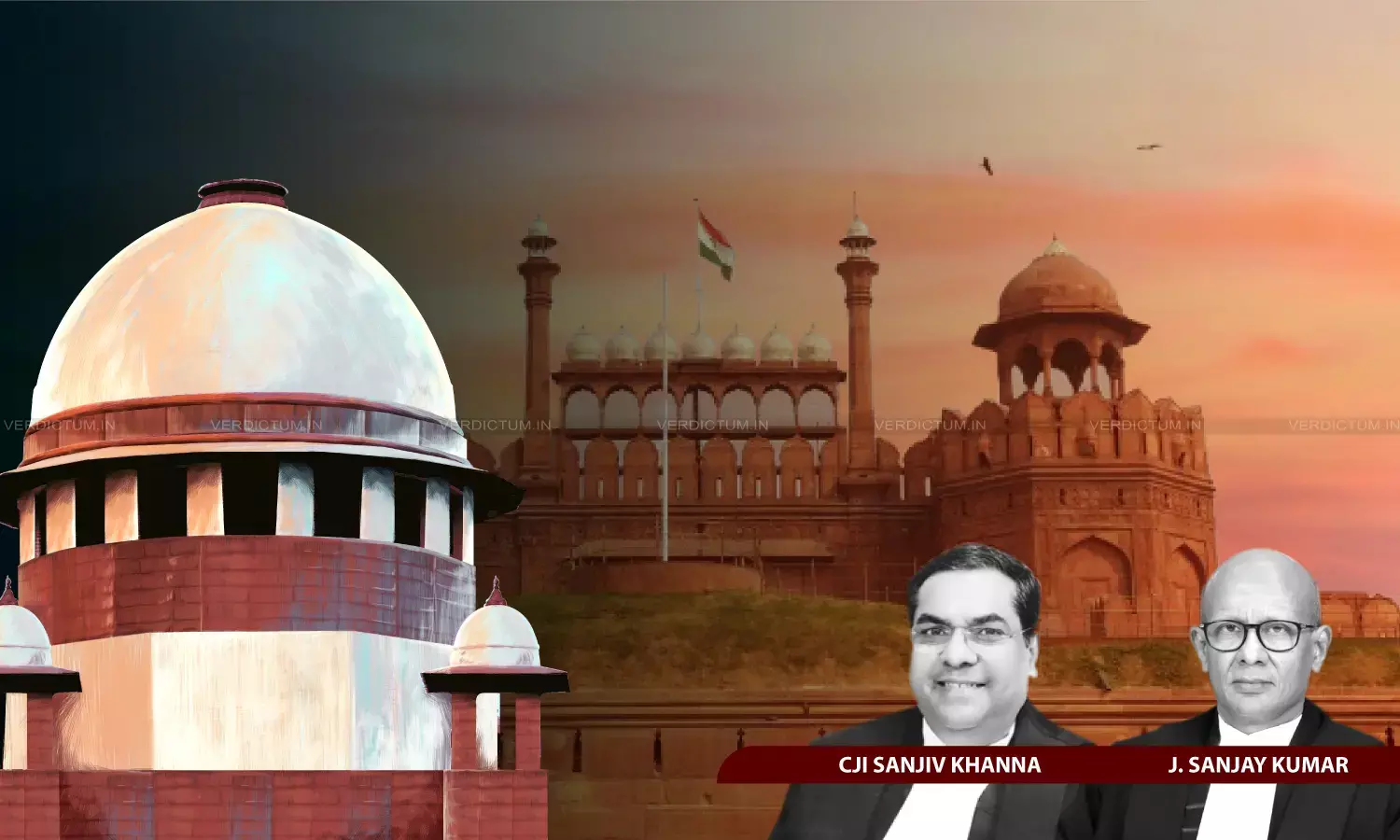"Why Not Agra Fort, Fatehpur Sikri?": Supreme Court Dismisses Plea By Woman Claiming Ownership Of Red Fort As Descendant of Mughal King

The Supreme Court today dismissed an SLP filed by one Sultana Begum, claiming ownership of the Red Fort, claiming herself to be the widow of the great-grandson of the last Mughal emperor, Bahadur Shah Zafar II.
A Bench of Chief Justice of India Sanjiv Khanna and Justice Sanjay Kumar remarked, “Why not Agra Fort also...Fatehpur Sikri..why not all other places?"
The Petitioner, Sultana Begum appeared through an Advocate and requested, "Only one thing I will share...", to which the Court replied, "Don't share anything, there is nothing to share!"
The Bench, refusing to entertain the petition, dismissed it as being "completely misconceived".
Sultana Begum had approached the Delhi High Court claiming to be the legal heir of Mughal Emperor Bahadur Shah Zafar II, as the widow of Mirza Mohammed Bedar Bakht, the emperor’s great-grandson. She sought direction to the authorities to hand over possession of the Red Fort in Delhi, asserting that she had inherited the property from her royal ancestor. She also demanded compensation for the alleged illegal occupation of the fort by the Government of India since 1857
The Single Bench of the High Court had dismissed a Writ Petition, citing inordinate delay in approaching the Court, stating, " At the outset, it has been put to learned counsel for the petitioner that even if the petitioner’s case were to be accepted that late Bahadur Shah Zafar II was illegally deprived of his property by the East India Company, as to how the writ petition would be maintainable after such an inordinate delay of over 164 years when it is an admitted position that the petitioner’s predecessors were always aware of this position. Learned counsel for the petitioner has absolutely no justification for this except stating that the petitioner being an illiterate person without adequate means, was not in a position to approach this Court earlier to pursue her legal remedies."
Upon appeal, a Division Bench of the Delhi High Court had earlier dismissed her petition on the grounds of excessive delay in raising the claim. "The only reason stated in the application for explaining the inordinate delay is that the appellant ‘felt ill severely and then her daughter died’, thus, the appellant could not file the appeal within time. We find the said explanation inadequate considering the period of delay is more than 2 1⁄2 years", the Bench said.
Cause Title: Sultana Begum v. Union of India (Diary No. - 14117/2025)


